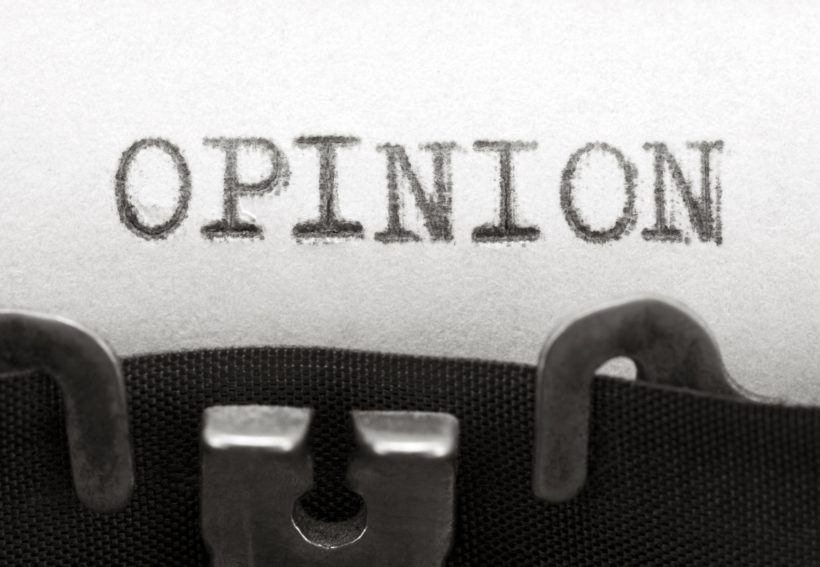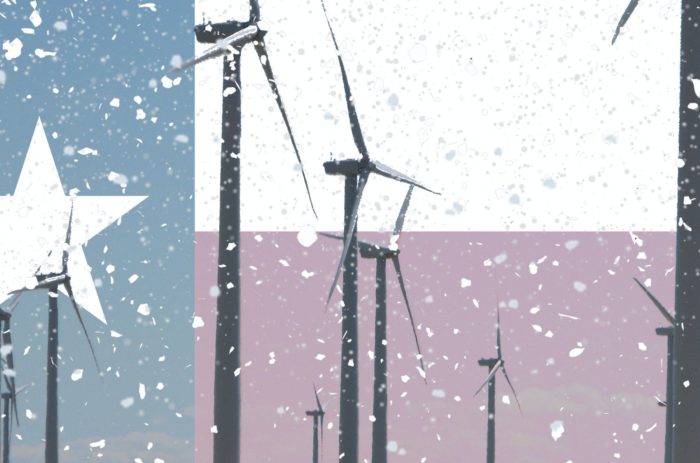
redo Jump to...
print Print...
NOTE: January 27 is International Holocaust Remembrance Day.
(by Moshe Kantor, Newsweek) – Eli Wiesel once remarked that, “Without memory there would no culture. Without memory there would be no society, no civilization, no future.” Our collective memory of the Holocaust is fading fast. We must not let it. If we allow the horrors of the past to fade into history, we are doomed to make the same mistakes again.
However, we need more that just ceremony and commemoration. When anti-Semitism is on the rise, when Jews are once again fleeing Europe. When a murderous Islamic extremist ideology is threatening our existence, we need action as well as words.
Very soon there will be no survivors left to tell their story, making it even more significant that Europe and indeed the wider world continues to take this day seriously and maintains its prominence in the global calendar. Preserving the memory of this horrific event is part of our humanity. We must celebrate the triumph of good over evil and be grateful to the heroes of World War II for winning us the freedom we have today.
Commemoration is therefore of the utmost importance, but we need more. Simply repeating “never again” will not prevent hate boiling over into violence, consuming our continent and undermining the freedom we have fought so hard for. Israeli historian Yehuda Bauer said: “Thou shalt not be a victim, thou shalt not be a perpetrator, but, above all, thou shalt not be a bystander.” Today, 71 years since the liberation of Auschwitz and the end of the Holocaust, we must not let passive tolerance take over as Europe slips back into darkness before our very eyes.
The European Jewish Congress is marking International Holocaust Remembrance Day this year at the European Parliament in Brussels. This very occurrence highlights the remarkable progress Europe has made in 71 years. World War II was so devastating that our leaders sought to restructure the entire political, economic and social order of the continent in order to secure peace. Today, it is these institutions that reinforce the fundamental values that set Europe apart as a beacon of democracy and champion of human rights.
The Holocaust must continue to be a poignant lesson that we must internalize and actively remember so that such catastrophic human failings cannot reoccur. When we say “never again” it is a commitment we make to those who suffered the horrors of the death camps, and to future generations, that we will not stand by and allow Europe to fall again.
After World War II, the continent was redesigned so that neighbors would no longer wage war on one another, so that societies could be stable, prosperous and free from human suffering. The architects of the European Union did not, however, foresee the challenges with Islamic terrorism, incitement and hatred that we face today, and our leaders’ lack of preparedness undermines the entire European project. Today, Jews once again face fear, violence and intimidation in Europe. We must therefore act now before it is too late.
France has the largest Jewish population of any European nation, and the rise in anti-Semitism is a cause for grave concern. A recent report by Human Rights First showed that over half of all reported hate crimes in 2015 in France were anti-Semitic, which is particularly shocking given the fact that Jews make up only 1 percent of the French population. The dramatic exodus of Jews from France shows that these fears are real and so severe that people would leave their homes in order to protect their families.
This crisis is not limited to France. The EU’s Fundamental Rights Agency (FRA) released a report of anti-Semitic incidents in 2014 that once again demonstrated a substantial rise in hate attacks on Jews across the continent. Two-thirds of respondents to the FRA’s survey consider anti-Semitism to be a problem in their country, and 76 percent believe that during the past five years anti-Semitism has increased in the country where they live.
I would therefore like to see a commitment from every government in Europe for increased police protection at Jewish institutions, more money made available for security, clear no-nonsense language condemning Islamic radicalism and tougher new legislation. All this should be coordinated with the new EU anti-Semitism envoy and through a dedicated anti-Semitism task force.
This reality is chilling. It shows us people do not learn and that we can easily slip into complacency. It is time for our leaders to commit to a robust, unified and coordinated approach to tackling anti-Semitism and Islamic extremism. We must all stand against hate and refuse to allow history to repeat itself, making “never again” a reality.
Moshe Kantor is the president of the European Jewish Congress
Published Jan. 26, 2016 at Newsweek .com. Reprinted here Jan. 28, 2016 for educational purposes only.
Questions
1. What is the main idea of Mr. Kantor’s commentary?
2. The purpose of an editorial/commentary is to explain, persuade, warn, criticize, entertain, praise, exhort or answer. What do you think is the purpose of this commentary? Explain your answer.
3. Read the “Background” below and check out some of the websites under “Resources.” London’s Daily Telegraph reported:
Ayatollah Ali Khamenei, the Supreme Leader of Iran, has marked Holocaust Memorial Day by publishing a Holocaust denying video on his official website.
While nations around the world remembered the millions of people who were killed in Auschwitz and other concentration camps, Iran’s hardline leader questioned whether the Holocaust “is a reality or not.”
Khamenei’s message comes as President Hassan Rouhani tours Italy and France, attempting to drum up trade and diplomatic links after his country signed a historic deal to limit its nuclear ambitions.
This week, the Jerusalem Post reported:
Jews across Germany are hiding their identity when volunteering at refugee shelters for fear of reprisals.
When Judith G., a 33-year-old optician who asked not to be fully named, helped out at a refugee center near Frankfurt, Germany last October and identified herself as Jewish, she was spat on and insulted.
Muslim leaders say nearly all asylum seekers are trying to escape conflict, not stir it up. Nevertheless, Jews across Germany are hiding their identity when volunteering at refugee shelters for fear of reprisals, adding another layer of complexity to a social, economic and logistical challenge that is stretching the fabric of German society.
“Among the refugees, there are a great many people who grew up with hostility towards Israel and conflate these prejudices with hatred towards Jews in general,” Josef Schuster, president of the Central Council of Jews, told Reuters in an interview conducted in October.
Chancellor Angela Merkel stressed last week that anti-Semitic attitudes among some young people arriving from countries where “hatred towards Israel and Jews is commonplace” needed to be dealt with.
What type of response do you think German leaders (and all European leaders) should have to a refugee who commits any type of assault or aggression against a Jewish person because he/she is Jewish? What laws should be put in place for addressing anti-Semitism?
Background
Remembering the Holocaust:
- January 27 marks the liberation of Auschwitz – the Nazi death camp – in 1945. It is also designated International Holocaust Remembrance Day.
- Yom HaShoah (Holocaust Remembrance Day) is observed as Israel’s day of commemoration for the approximately six million Jews who perished in the Holocaust as a result of the actions carried out by Nazi Germany. In Israel, it is a national memorial day. It was inaugurated in 1953. It is held on the 27th of Nisan (April/May), unless the 27th would be adjacent to Shabbat, in which case the date is shifted by a day.
- Some other countries have different commemorative days for the same event: wikipedia.org/wiki/Holocaust_Memorial_Days.
- Yad Vashem (“Holocaust Martyrs’ and Heroes’ Remembrance Authority”) is Israel’s official memorial to the Jewish victims of the Holocaust established in 1953. The origin of the name is from a Biblical verse: “And to them will I give in my house and within my walls a memorial and a name (Yad Vashem) that shall not be cut off.” (Isaiah 56:5).
Resources
Also, in addition to many of the well-known books recounting the Holocaust, we recommend the following:
- “The Righteous: The Unsung Heroes of the Holocaust” by Martin Gilbert
- “The Hiding Place” by Corrie ten Boom
- or any of the books by Nechama Tec

